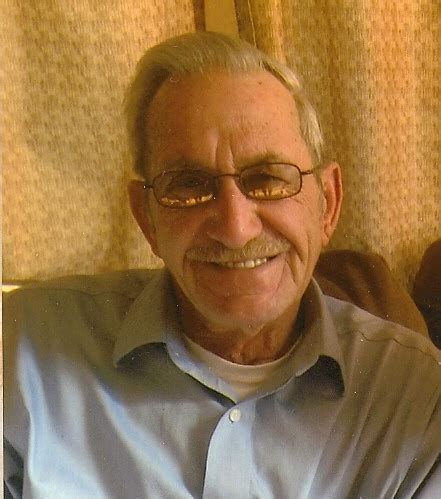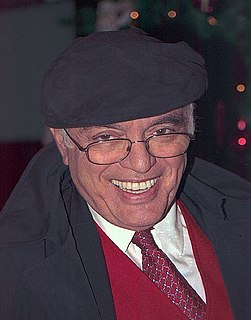A Quote by Roger Morris
I would have to say that Richard Nixon is probably the most gifted and skilled political practitioner, in his pre-presidential years, of all of the American presidents in the 20th century.
Related Quotes
Ever since Richard Nixon walloped George McGovern in the presidential election of 1972, political pundits have treated as a truism the proposition that liberals are out of step with the rest of the nation, and therefore all but unelectable outside the precincts of the Northeast -- give or take a college town here or a ski resort there. During the course of every presidential election for the past forty years now, Republicans have sought to wield the word liberal as if it were a six-gauge shotgun.
Richard Nixon is very much a self-made man in the six years prior to his emergence as a national figure. Between the moment he's elected to Congress in 1946 and the moment he's inaugurated as Vice President in 1953, he conducts nothing less than a kind of prodigy of American political self-advancement.
D-Day represents the greatest achievement of the american people and system in the 20th century. It was the pivot point of the 20th century. It was the day on which the decision was made as to who was going to rule in this world in the second half of the 20th century. Is it going to be Nazism, is it going to be communism, or are the democracies going to prevail?
With nearly two years remaining in his presidency, George W. Bush is alone. In half a century, I have not seen a president so isolated from his own party in Congress - not Jimmy Carter, not even Richard Nixon as he faced impeachment. Republicans in Congress do not trust their president to protect them.
God Bless America started to become an almost ritualistic incantation at the end of political speeches really with Ronald Reagan. It appears occasionally before, but it was not that common. And of course since it was a song that wasn't written by Irving Berlin until the 20th century (laughter), none of the 19th century presidents said God Bless America at the end of speeches, either. I think that the symbolism which suggests that everybody is religious and that even presidents who believe in church and state feel obliged to do this.



































